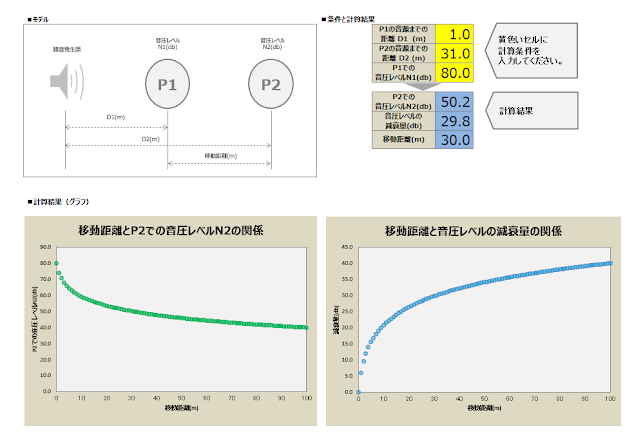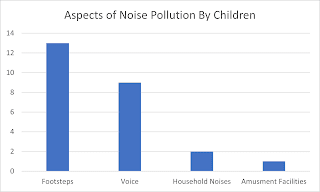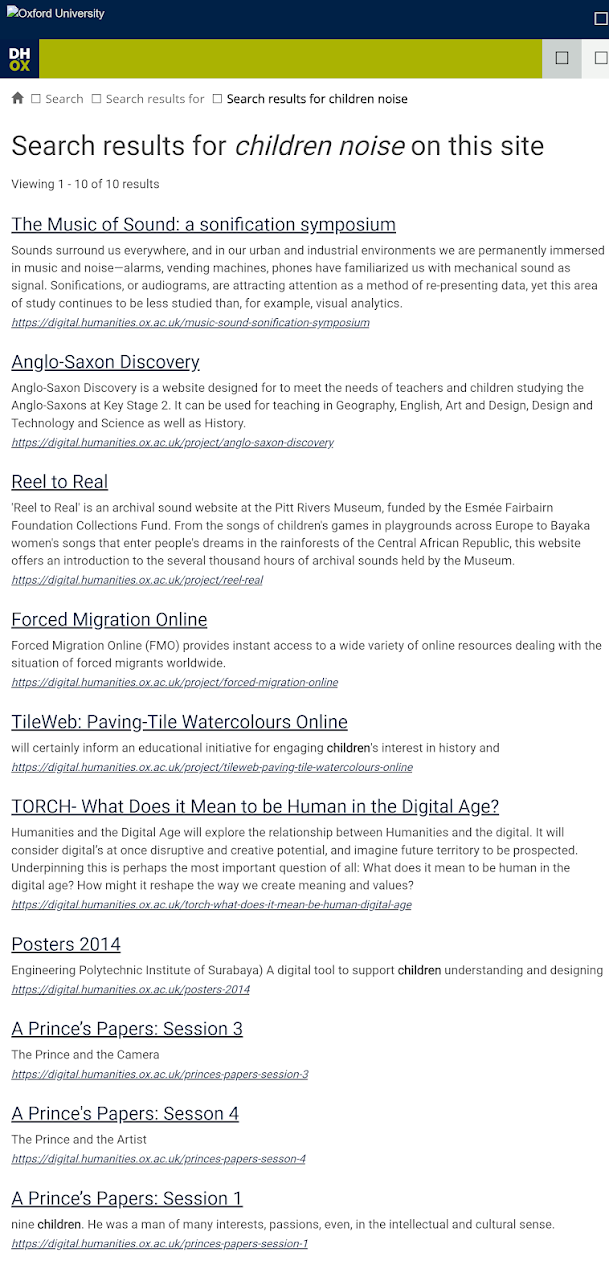Q. How does noise affect people's health? (Noise especially from schools)

Q. How does noise affect people's health? How can excessive noise from children impact the mental and physical health of individuals in the community? Are there any specific health risks associated with prolonged exposure to noise caused by children? A. Noise can have a significant impact on people's health, especially when it comes to excessive noise from children within a community. Decibels, the unit used to measure noise levels, play a crucial role in understanding these effects. For instance, a normal conversation typically ranges from 60 to 70 decibels, but sustained exposure to noise levels of 80-90 decibels can lead to hearing loss. Research specifically focused on children's noise in schools reveals interesting findings. The Japanese Ministry of Education suggests that classroom noise levels should be below 50 decibels with windows closed and below 55 decibels with windows open. Although a difference of 5 decibels may seem insignificant, it's import


